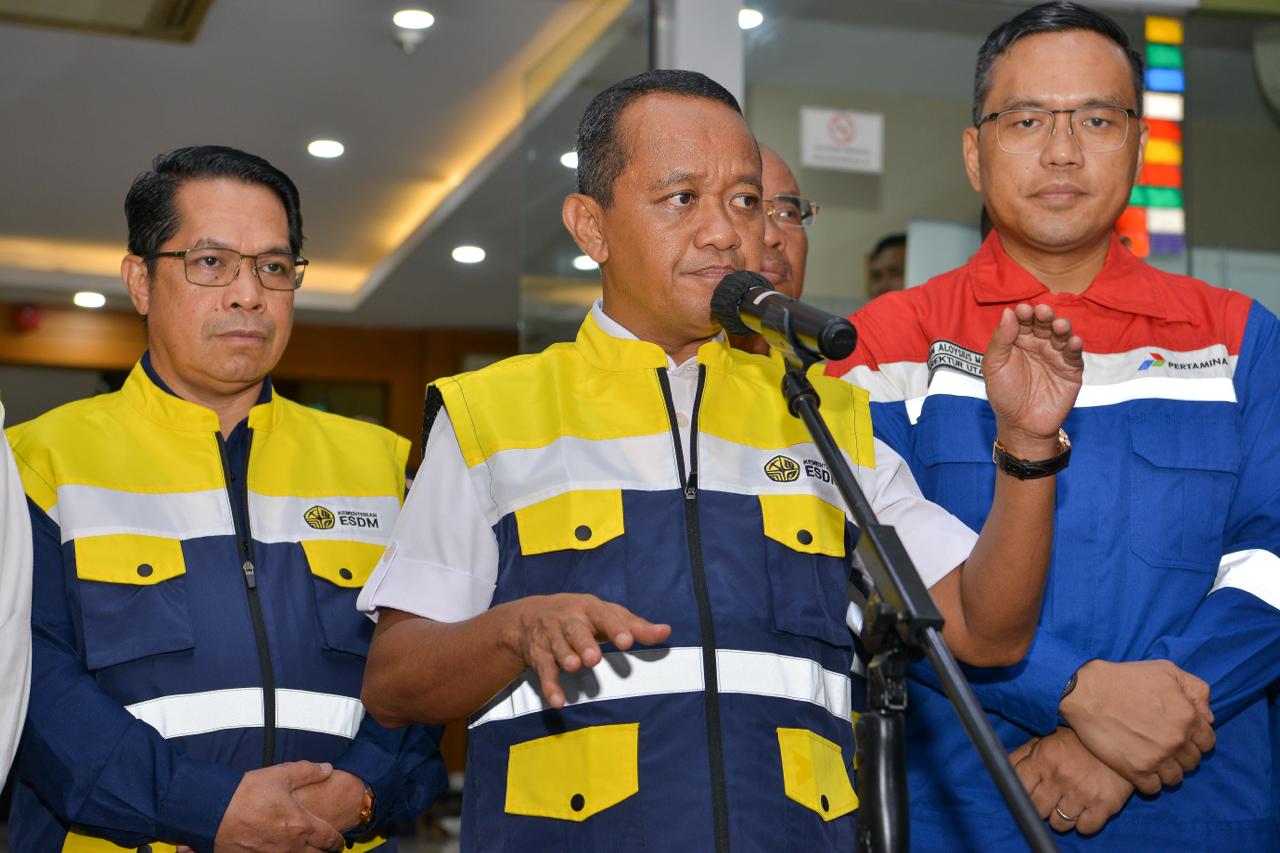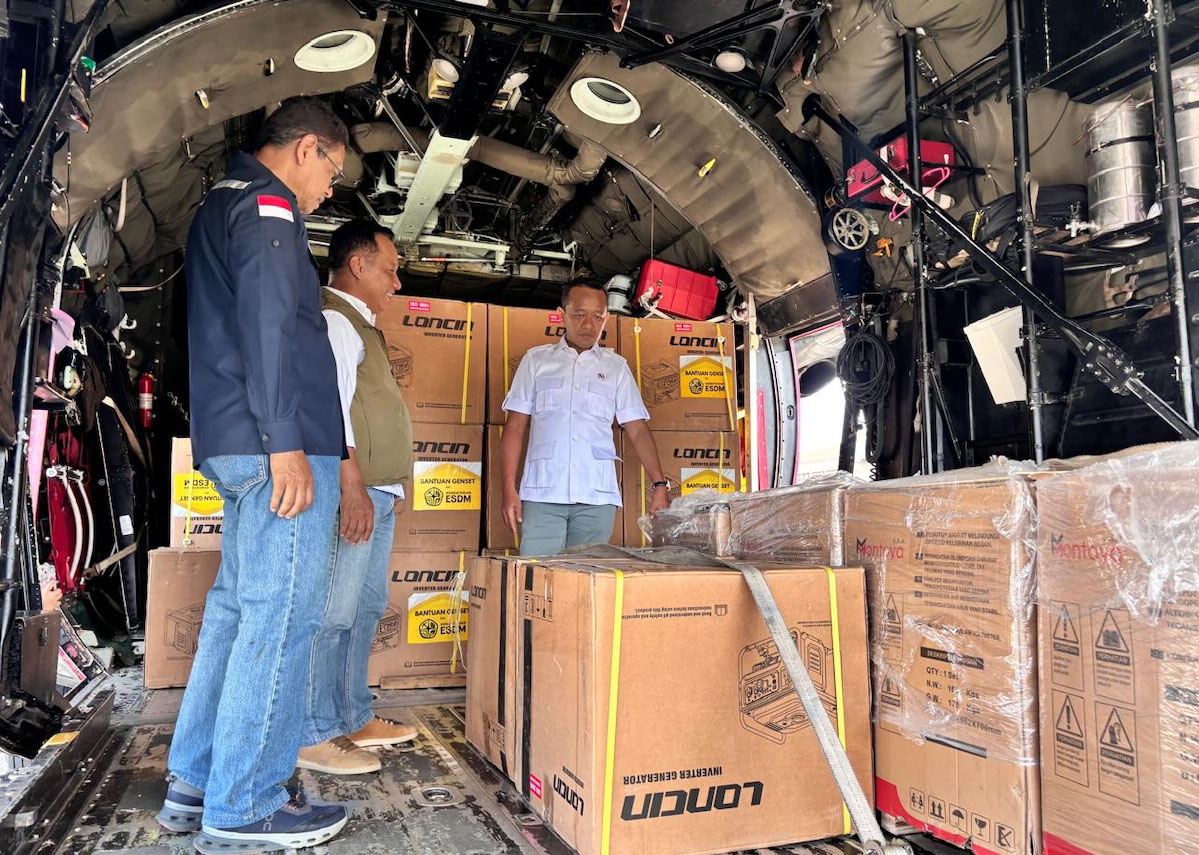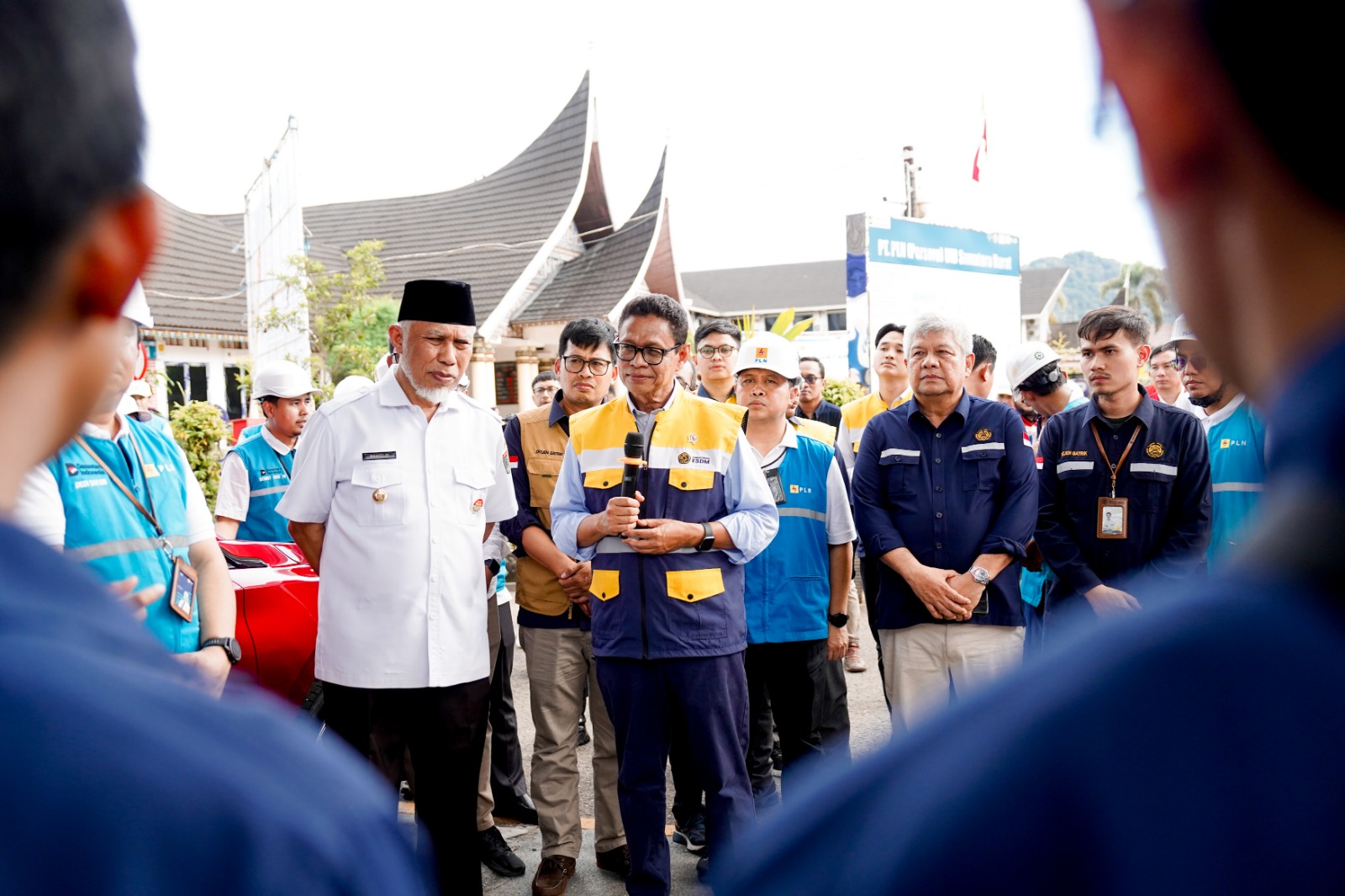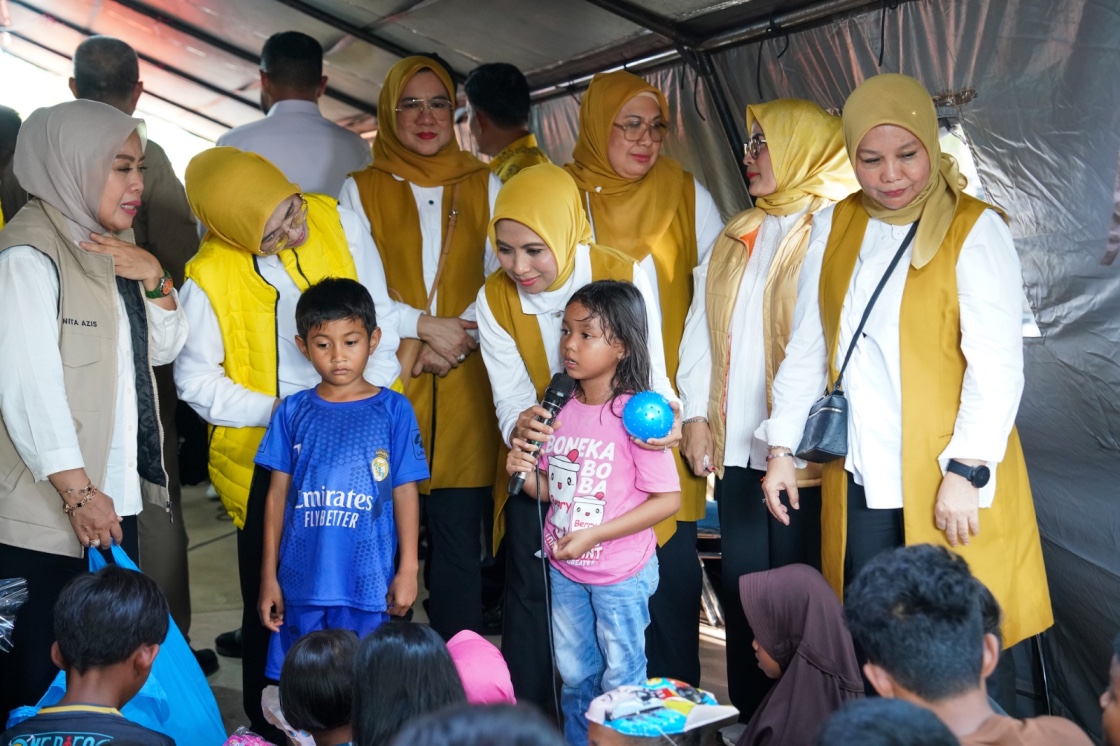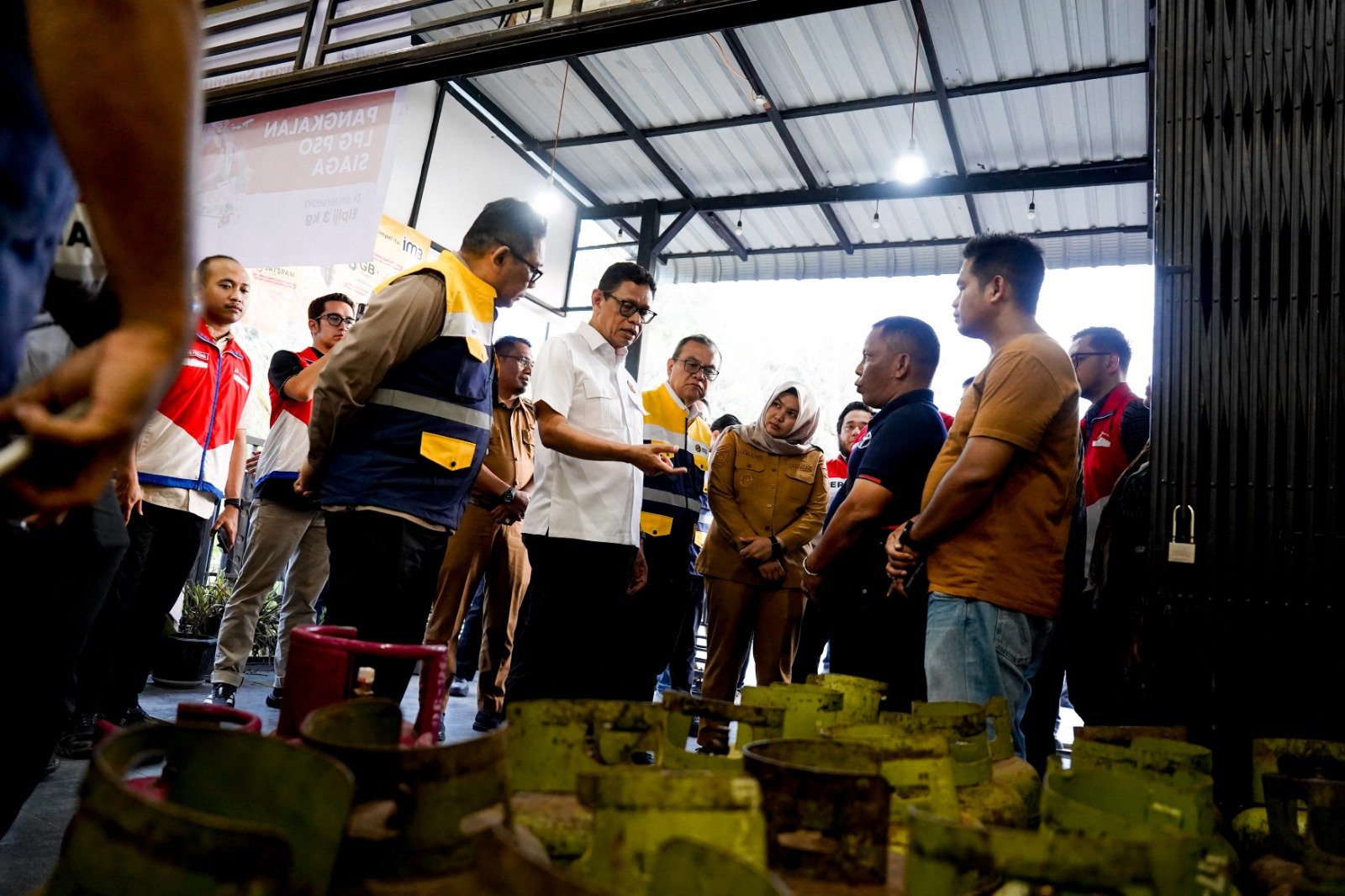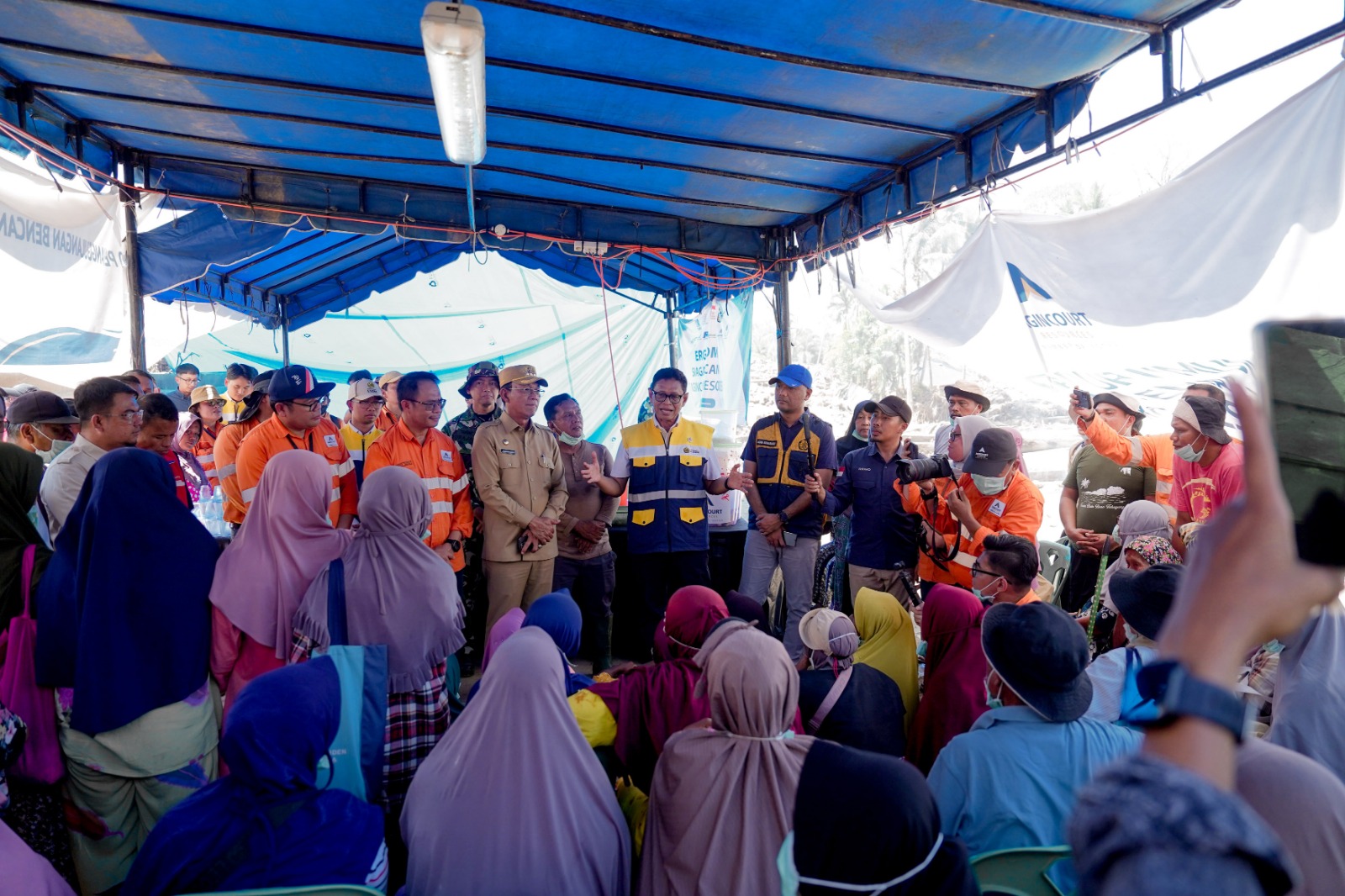Competency Development Paradigm Changes to Learning and Development in the New Normal
MINISTRY OF ENERGY AND MINERAL RESOURCES
REPUBLIC OF INDONESIA
PRESS RELEASE
NUMBER: 341.Pers/04/SJI/2020
Date: 5 November 2020
Competency Development Paradigm Changes to Learning and Development in the New Normal
Facing the new normal era, the ASN (State's Civil Servants) of Ministry of Energy and Mineral Resources (EMR) are expected to be adaptable to the new work system, where the policy framework for competency development has changed from Training and Development to Learning and Development.
"In accordance with the President's speech at the annual session of the MPR (People's Consultative Assembly), the Covid crisis has forced us to shift our channel of work from normal to extra normal, from ordinary to extraordinary, from long and complicated procedures to smart shortcuts, and from procedural orientation to results orientation," said Head of the BPSDM ESDM (Human Resources Development Agency for Energy and Mineral Resources) Prahoro Nurtjahyo opening the Capability Enhancement Forum for Civil Servants of Ministry of EMR under the theme of Professionalism Development of Civil Servants of Ministry of EMR in the New Normal Era, which was held in a hybrid manner at PPSDM Geominerba in Bandung (5/11).
This event featured Adi Suryanto, Head of State Administration Institute (LAN), Anang Basuki, CEO of BNI University, Professor Adrian Wilkinson from Griffith University Australia and Hiroshi Nishimoto, First Secretary Energy and Natural Resources of Embasssy of Japan, and presenter Charles Bonar Sirait.
According to Adi Suryanto, the crisis is an opportunity to change the way Civil Servants think in order to make a big leap. Current systems have made it easy for people to study anytime and anywhere. "How we develop applications and systems, instead of just moving the classroom learning system to a virtual one. Using an old system for virtual learning does not solve the problem. Civil Servants have to create new systems suitable for virtual learning and ones that can offer maximum quality," he explained.
Adi further explained that the shift from training and development paradigm to learning and development one refers to the process of increasing knowledge and skills and developing our attitudes or beliefs so that we have the ability to make choices/decisions.
Meanwhile, CEO of BNI University, Anang Basuki said that currently, learning is carried out through the Learning Paradigm Center which focuses on speed, interests, and needs of employees who attend trainings. Learning is no longer focused on the organization that organizes education and training. "Every employee is a student and every employee is a teacher. Learning can be done anywhere," said Anang.
Complementing the other speakers, Professor Adrian Wilkinson and Hiroshi Nishimoto said that external and internal challenges are the key factors in developing human resources with due attention paid to culture, leadership, and skills. The Japanese government has made some changes in facing the new normal, namely changes outside the organization, changes in the organization, and changes to policy targets. In addition, Japan has carried out reforms to change the work system, including Equipment Reform, Institutional Improvement, and Awareness of the Issue. (IY)
Head of Bureau of Communication, Public Information Services, and Cooperation
Agung Pribadi (08112213555)
Share This!

